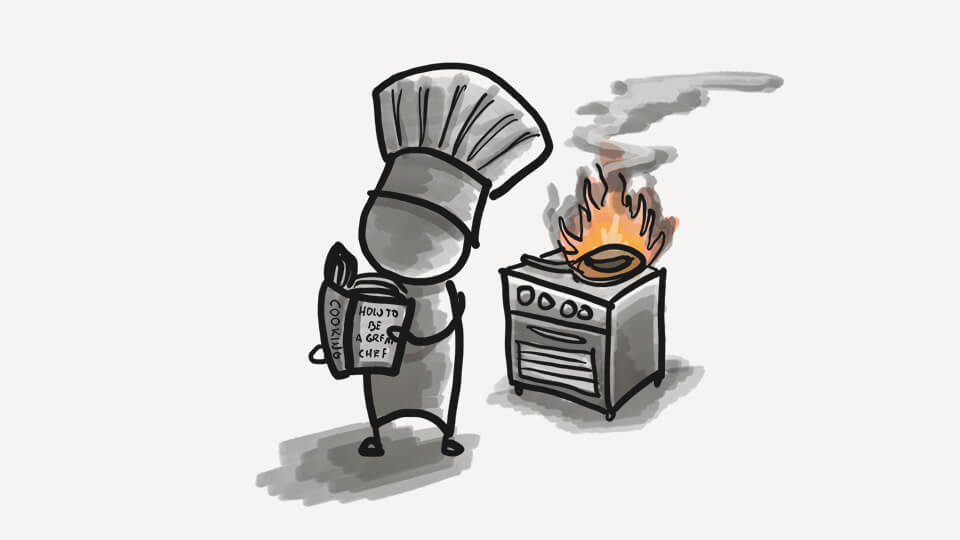Follow the three-act structure. Tie up all loose ends. Make conflict more personal.
I’m sure you heard it all before.
But what about life? Life has no rules except those you choose to follow. Life’s messy, with lots of loose ends and meaningless conflicts that you get dragged into even though you have no personal stakes whatsoever.
Which leaves us with this question: Can you tell a good story that resembles life more than it does a Greek tragedy?
Yes. The only requirement is that you make it meaningful.
Imagine a crime story. The detective working on a murder case drops the case mid-way, leaves the force, and embarks on a journey of self-discovery through painting.
Even if this story were true, it would still be total crap. Try this, however:
Imagine a story of a detective haunted by images of crime scenes. Long ago, he learned to cope by painting what he saw to get it out of his head and onto the canvas. But the last case finally broke him. He quits the force and tries to make a living as a painter. Will he be able to create art without his prime source of inspiration?
Same story, only imbued with meaning. It’s messy and very much like real life, but it has meaning.
You can do anything you like with your stories if you can make it work.
Thanks to @AuraClift for inspiring this post.


I am thanking you Sebastian for writing this blog post! I was scratching my head wondering how it’s possible that the group of readers I talked with preferred messier, closer-to-life endings. It made me second-guess all I thought I knew about endings… Then you wrote this and put in perspective and now I see it’s just a matter of giving the mess a meaning. In life, meaning might not always be apparent but if you dig deep enough there’s always a reason and always a meaning.